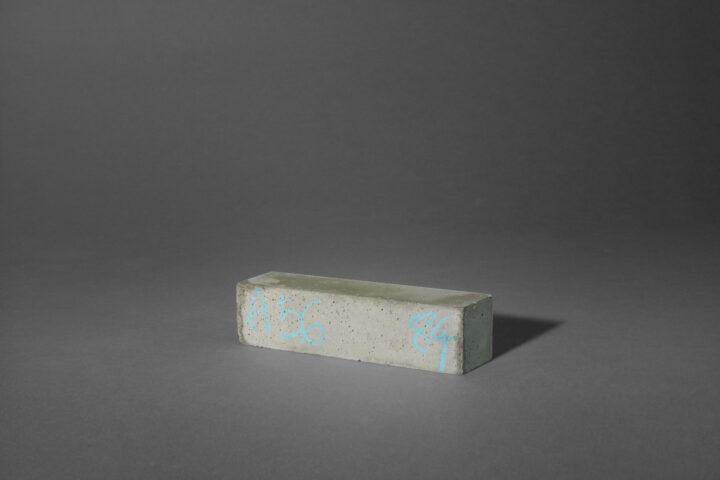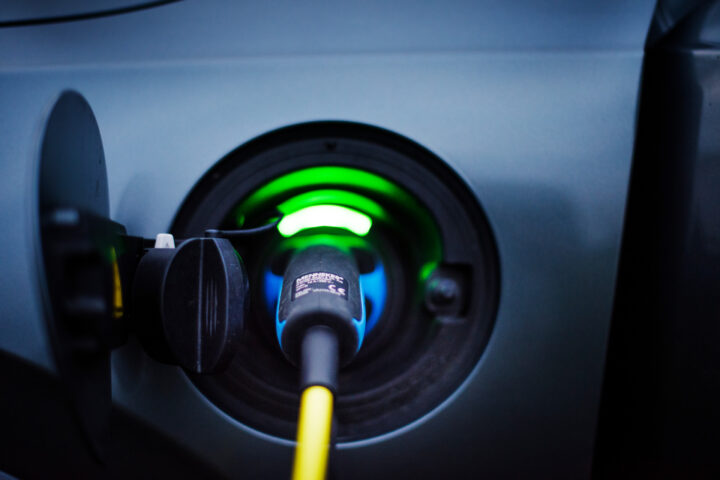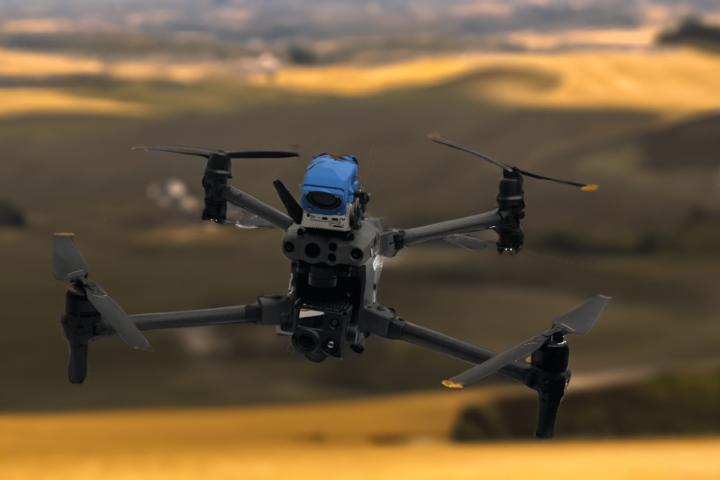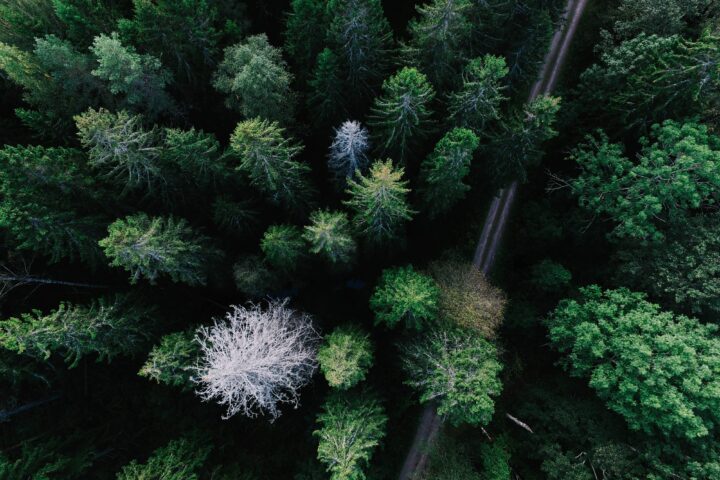India, home to one-sixth of the world’s population, offers several business opportunities for global manufactures, technology and service providers. Today, The Leadership in India is focusing on building New India and is keen on working on issues arising due to water crises and poor sanitation.
The Government of India Under Prime Minister Modi’s leadership launched “The Swachh Bharat Mission (Gramin) /Clean India Mission (Rural)” on the 2nd of October 2014. India has invested over $20 billion for this mission, arguably the largest ever sanitation budget for five years, anywhere in the world. Since 2014, India has gone from contributing to more than half of the world’s open defecation to becoming open defecation free. India’s march towards universal sanitation has made an indelible contribution to the global achievement of SDG-6.
Clean India mission 2.0 is the next phase of PM Narendra Modi’s Flagship campaign to be Implemented by 2025 with the aim to extend this campaign to urban India and allocated a huge budget which will be implemented over five years from 2021. In 2.0, The government of India intends to focus on complete faecal sludge management and wastewater treatment, source segregation of waste, reduction in single-use plastic, reduction in air pollution, especially waste from construction and demolition, and bioremediation of dumpsites.
To work effectively on this incredible initiative, India is ready to engage global players having technologies, solutions and knowledge in the water and waste sector and is interested to explore business opportunities in the Indian market.
This is a good opportunity for Swedish companies, as the innovative Swedish solutions in the water and waste sectors hold a leading position in the international market. Swedish companies contribute globally to safer drinking water, sustainable stormwater solutions and resource-efficient water, wastewater management, solid waste and Sludge Management for a better environment.
Sweden was the first to recognize wastewater treatment plants as production facilities, where sewage water is seen as a resource so that treated water can be reused to farmer land, industries or even take back to groundwater after infiltration, to produce energy (electricity and biogas) and nutrients (phosphorous and nitrogen). Sweden has managed to turn waste into fuel and thereby replacing fossil fuels, which can be a testimony of successful integration in an evolving energy system.
This article was written by Rupali Deshmukh, General Manager and Director at IVL Swedish Environmental Research Institute India. For more information, contact Rupali Deshmukh: rupali.deshmukh@ivl.se.
For more info about Sweden-India collaboration, join the India-Sweden Innovation day. Sign up here.



